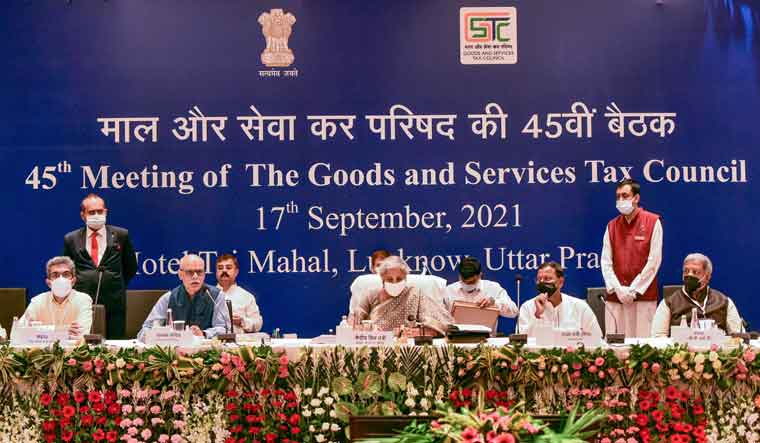From January 1 next year, businesses defaulting on filing the summary returns and paying monthly GST (Goods and Services Tax) will not be allowed to file GSTR-1 sales returns for the succeeding month.

Businesses that default on filing the summary returns and paying monthly GST will not be able to file GSTR-1 sales returns for the succeeding month from January 1 next year. The GST Council in its Lucknow meeting on September 17 has decided to take a host of measures to streamline compliance, including mandatory Aadhaar authentication for businesses to file refund claims. These moves would help prevent revenue leakage due to evasion of Goods and Services Tax (GST), which was launched on July 1, 2017.
At its September 17 meeting, the GST Council had taken the decision to take a slew of measures to rationalize compliance, comprising mandatory Aadhaar authentication for companies to file refund claims.
The moves would help check revenue leakage in view of evasion of GST. The Council resolved to amend Rule 59(6) of the Central GST Rules from January 1, 2022, to provide that a registered person would not be permitted to submit form GSTR-1 if he has not furnished the return in Form GSTR-3B for the prior month.
Currently, the law restricts the filing of returns for outward supplies or GSTR-1 in case a business fails to file GSTR-3B for the preceding two months.
While businesses file GSTR-1 of a particular month by the 11th day of the subsequent month, GSTR-3B, through which businesses pay taxes, is filed in a staggered manner between the 20th-24th day of the succeeding month.
The Council has also made the Aadhaar authentication of GST registration mandatory for being eligible for filing refund claims and application for revocation of cancellation of registration.
The Central Board of Indirect Taxes and Customs (CBIC) had notified Aadhaar authentication for GST registration with effect from August 21, 2020.












